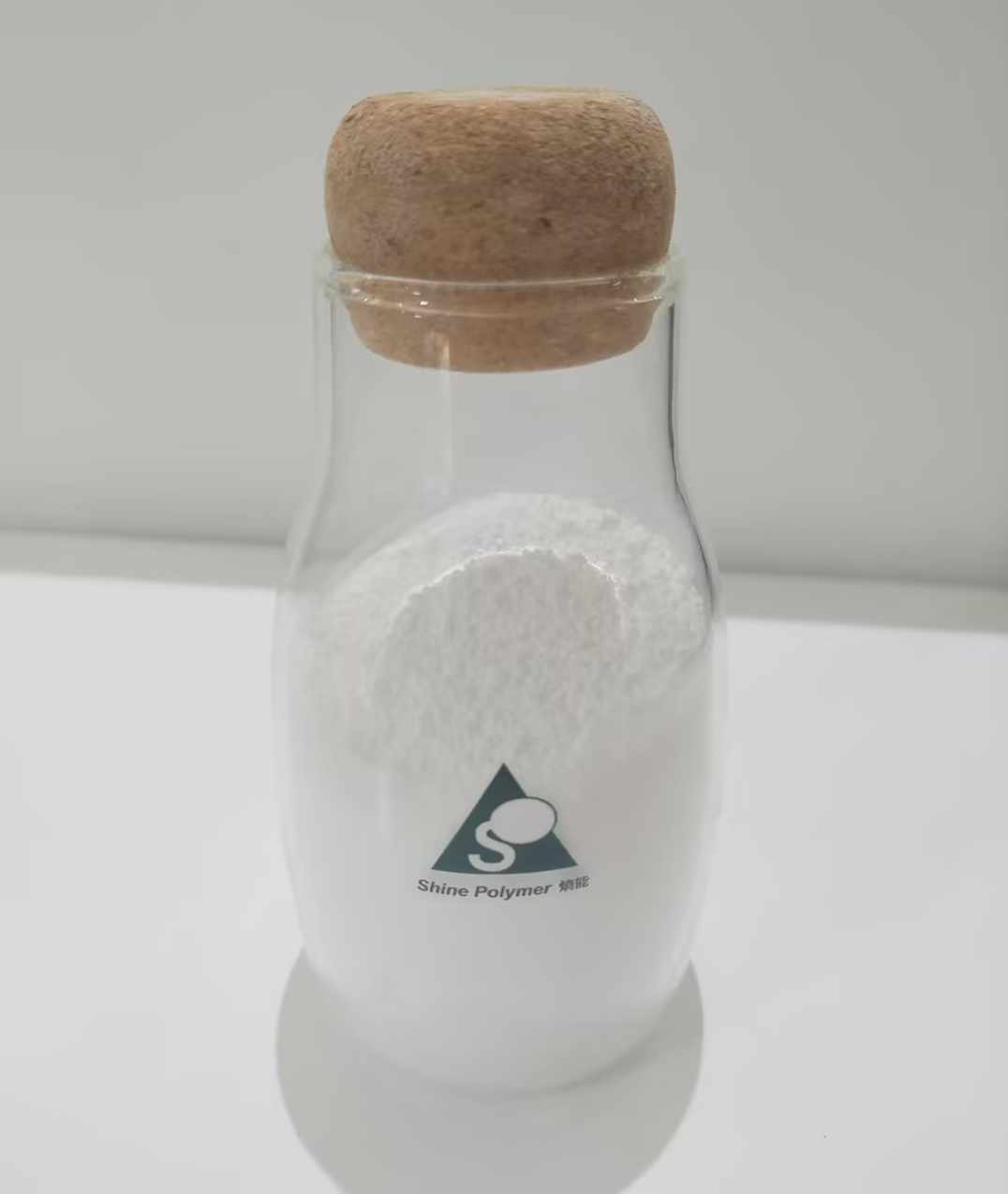What Are Acrylic Impact Modifiers?
Acrylic impact modifiers are essential additives that enhance the impact resistance of various materials, especially in the plastics industry. These modifiers help improve the overall durability and performance of products by providing resilience against physical stress. When incorporated into formulations, they work to enhance clarity and maintain the aesthetic quality of the end product. This is particularly useful in industries like automotive, packaging, and construction, where components are exposed to significant wear and tear. As manufacturers seek ways to create more robust and long-lasting materials, the use of acrylic impact modifiers becomes imperative. If you’re looking to enhance your product’s performance, consider integrating an acrylic impact modifier into your material mix.

Benefits of Using Acrylic Impact Modifiers
The advantages of using acrylic impact modifiers extend beyond mere impact resistance. They are known for not only improving durability but also enhancing the visual clarity and processing characteristics of the materials. For instance, a product using acrylic impact modifiers will have better thermal stability and lower brittleness, making it suitable for various applications. Additionally, these modifiers help in reducing maintenance costs over time due to the longevity they provide, thus ensuring better satisfaction for the end users. In practical applications, think about the differences in quality you would see in plastic bottles that employ acrylic impact modifiers, compared to those made without such additives. By opting for high-quality modifiers like those offered by reliable suppliers, manufacturers can gain a competitive edge in the market.
Understanding ACR Processing Aid
An ACR processing aid plays a crucial role in the manufacturing process, particularly for materials requiring enhanced processability. By incorporating an ACR processing aid, manufacturers can benefit from smoother processing, which reduces production time and improves efficiency. These aids help in minimizing defects during production, ensuring that the manufactured goods meet high-quality standards. For example, in the extrusion process, ACR processing aids allow for better flow and stability of the material, resulting in a uniform end product. This is essential in industries where precision and quality are paramount. The ease of use provided by these processing aids can significantly bolster production capabilities, allowing businesses to scale up without sacrificing quality.

Enhancing Applications with ACR Processing Aids
Utilizing an ACR processing aid not only enhances process efficiency but also retains the performance attributes of the end products. These aids work effectively with a wide range of polymers, ensuring that products can be tailored to specific needs. For instance, in manufacturing applications where viscosity control is crucial, ACR processing aids can help maintain desired flow characteristics. This adaptability is key for developers looking to create custom solutions for their clients. Moreover, ACR processing aids contribute to material compatibility, making it easier to work with challenging resins. Thus, those who incorporate these additives into their processes often report a marked increase in product quality and consistency, leading to higher customer satisfaction rates.
Conclusion: Choose Shine Polymer for Quality Solutions
In summary, the integration of acrylic impact modifiers and ACR processing aids into manufacturing processes can lead to significant improvements in product quality and performance. With their ability to enhance durability, clarity, and processability, these additives are invaluable to various industries. For manufacturers seeking reliable polymer solutions, Shine Polymer stands out as the premier choice. With their consistent supply advantages and commitment to quality, they provide the essential materials needed to take your products to the next level.
